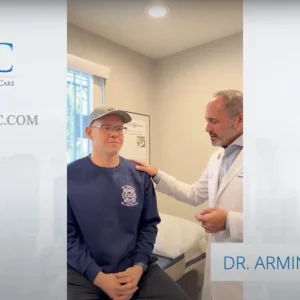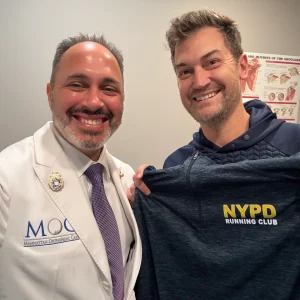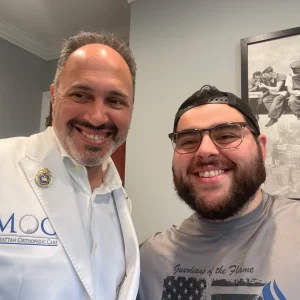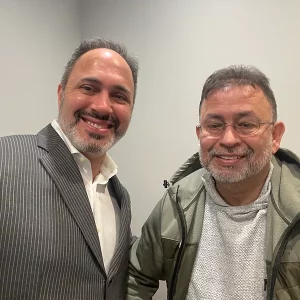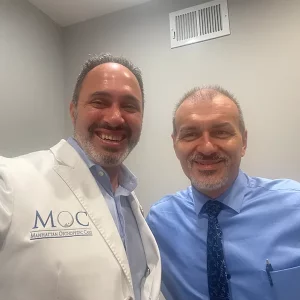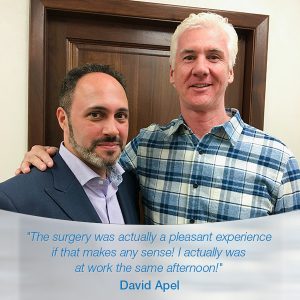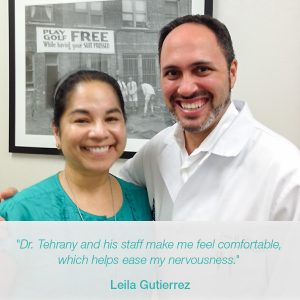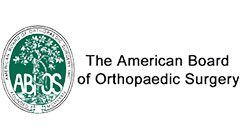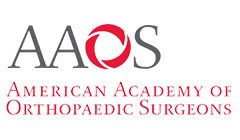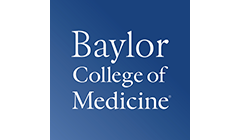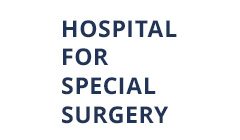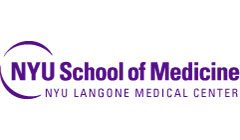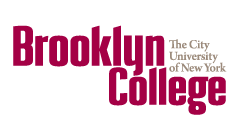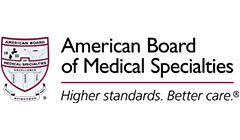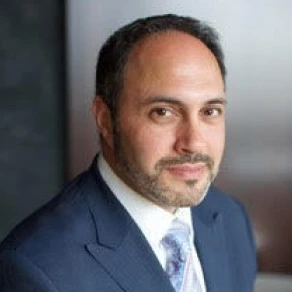Doctor and Patient: The Bullying Culture of Medical School
„I was moved by this Times article. I was bullied in medical school and even more during orthopaedic residency. It is a shallow, unsophisticated way to behave at these high levels of practice. The proper way to get someone to listen and learn and do what you want it is to inspire the person, not to intimidate. I vowed never to bully my teammates after feeling what I went through.“, says Armin M. Tehrany, MD, FAAOS, of Manhattan Orhopaedic Care.
Powerfully built and with the face of a boxer, he cast a bone-chilling shadow wherever he went in the hospital. At least that is what my medical school classmates and I thought whenever we passed by a certain resident, or doctor-in-training, just a few years older than we were.
With the wisdom of hindsight, I now see that the young man was a brilliant and promising young doctor who took his patients’ conditions to heart but who also possessed a temper so explosive that medical students dreaded working with him. He had called various classmates “stupid” and “useless” and could erupt with little warning in the middle of hospital halls. Like frightened little mice, we endured the treatment as an inevitable part of medical training, fearful that doing otherwise could result in a career-destroying evaluation or grade.
But one day, one of our classmates, having already been on the receiving end of several of this doctor’s tirades, shouted back. She questioned one of his conclusions in front of the rest of the medical team, insisted on getting an explanation, then screamed back when he started yelling at her.
The entire episode unnerved us all; and over the next few weeks, we marveled at her courage and fretted over her potentially ruined career prospects. But there was one aspect of the event that disturbed us even more. One classmate who had witnessed the “screaming match” described how our fellow medical student had raised her voice and positioned her body as she threatened the doctor. “It was weird,” he recounted. “It was like watching her turn into him.”
For 30 years, medical educators have known that becoming a doctor requires more than an endless array of standardized exams, long hours on the wards and years spent in training. For many medical students, verbal and physical harassment and intimidation are part of the exhausting process, too.
It was a pediatrician, a pioneer in work with abused children, who first noted the problem. And early studies found that abuse of medical students was most pronounced in the third year of medical school when students began working one on one or in small teams with senior physicians and residents in the hospital. The first surveys found that as many as 85 percents of students felt they had been abused during their third year. They described mistreatment that ranged from being yelled at and told they were “worthless” or “the stupidest medical student,” to being threatened with bad grades or a ruined career and even getting hit, pushed or made the target of a thrown medical tool.
Nonetheless, many of these researchers believed that such mistreatment could be eliminated, or at least significantly mitigated, if each medical school acknowledged the behavior, then created institutional anti-harassment policies, grievance committees and educational, training and counseling programs to break the abuse cycle.
One medical school became a leader in adopting such changes. Starting in 1995, educators at the David Geffen School of Medicine at the University of California, Los Angeles, began instituting a series of schoolwide reforms. They adopted policies to reduce abuse and promote prevention; established a Gender and Power Abuse Committee, mandated lectures, workshops and training sessions for students, residents and faculty members; and created an office to accept confidential reports, investigate and then address allegations of mistreatment.
To gauge the effectiveness of these initiatives, the school also began asking all students at the end of their third year to complete a five-question survey on whether they felt they had been mistreated over the course of the year.
The school has just published the sobering results of the surveys over the last 13 years. While there appears to have been a slight drop in the numbers of students who report experiencing mistreatment, more than half of all medical students still said that they had been intimidated or physically or verbally harassed.
“We were really crushed when we saw the results,” said Joyce M. Fried, lead author of the paper and assistant dean and chairwoman of the Gender and Power Abuse Committee at the medical school. “We were disappointed that it was so difficult to change.”
U.C.L.A.’s experience is not isolated. In fact, national medical education surveys that include questions about mistreatment indicate that the environment at that school is about average. And the striking similarity of experiences across a generation of students suggests problems not just with one institution, but with the culture of medical training itself. “This is a national problem,” Ms. Fried said. “Our faculty and doctors-in-training come from all over, including schools where some of them might have been mistreated.”
While their findings are disheartening, Ms. Fried and her colleagues continue to believe that medical student mistreatment can be significantly reduced — but only if all medical schools come together to work on the issue. “We’re talking about the really hard task of changing a culture, and that has to be done on a national level,” Ms. Fried said. Such an effort would include shared training programs, common policies regarding mistreatment and greater transparency about the mistreatment that currently exists in medical schools.
“There are a lot of really good people and role models out there,” Ms. Fried said. “But the culture for all these years has been to just take the mistreatment and not say anything.”
“It wasn’t right back then, and it shouldn’t be tolerated anymore,” she added.
















